F1 abandons rain wheel cover idea after latest test
The FIA has abandoned plans to introduce wheel covers for Formula 1 cars in extreme wet conditions after the latest test yielded marginal visibility improvements, prompting a search for alternative solutions.
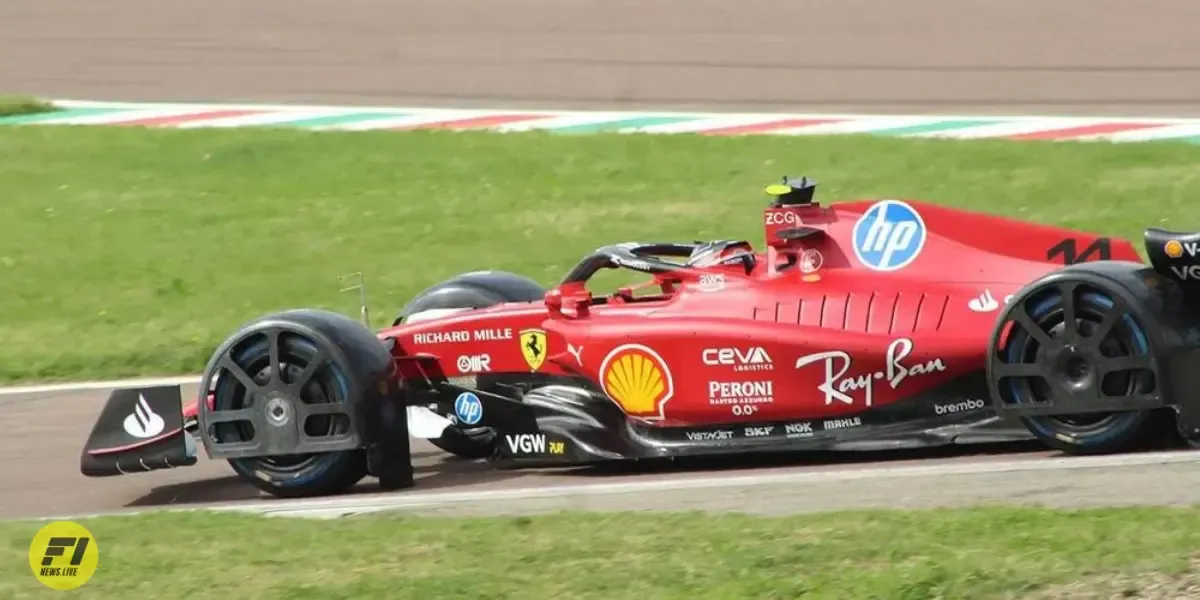
In a pursuit to enhance visibility and prevent race cancellations during treacherous wet conditions, the FIA has recently evaluated the concept of fitting wheel covers to Formula 1 cars.
However, after the latest test conducted at Ferrari's Fiorano circuit, the governing body has decided to abandon this idea, as the potential benefits were deemed insufficient to justify its implementation.
The latest wheel cover design, deliberately oversized to assess the maximum possible improvement, was tested with two Ferrari cars running in close proximity.
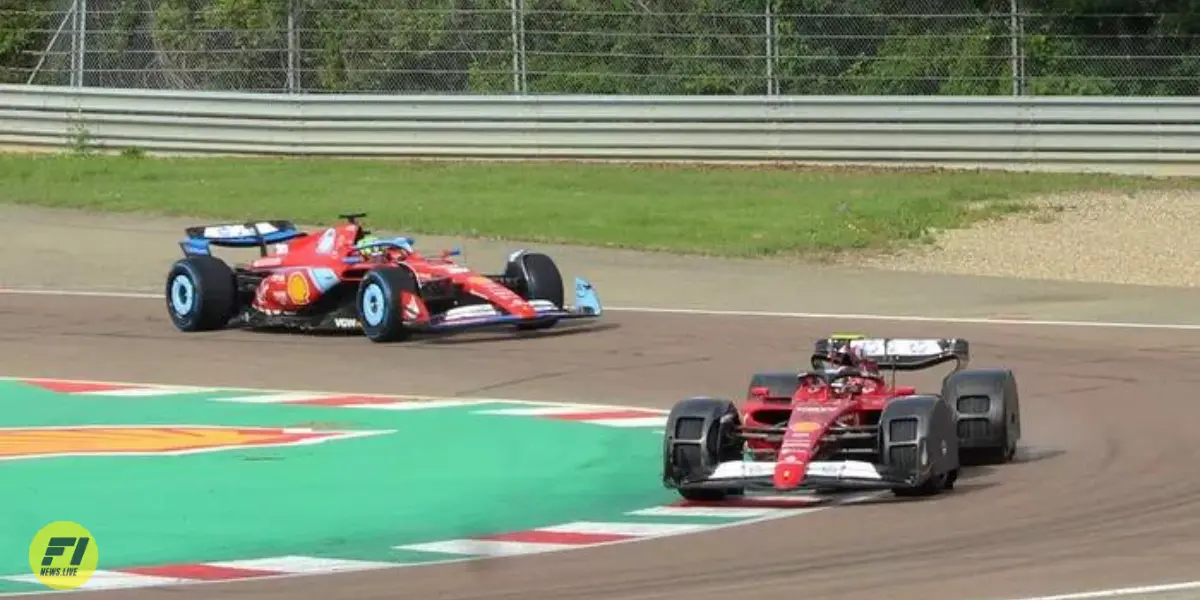
Video analysis revealed that while the covers reduced spray from the wheels to some extent, a considerable amount of water was still being thrown up by the diffuser, negating the intended visibility gains.
Nikolas Tombazis, the FIA's head of single-seater matters, provided insights into the decision-making process:
"We always knew that there were two main contributing factors to the cloud of spray – one was how much water is picked up from the ground from the diffuser, and the other one is from the wheels..."
"While [the covers] do have a bit of an effect, they don't have a significant enough effect to say that that's the solution."
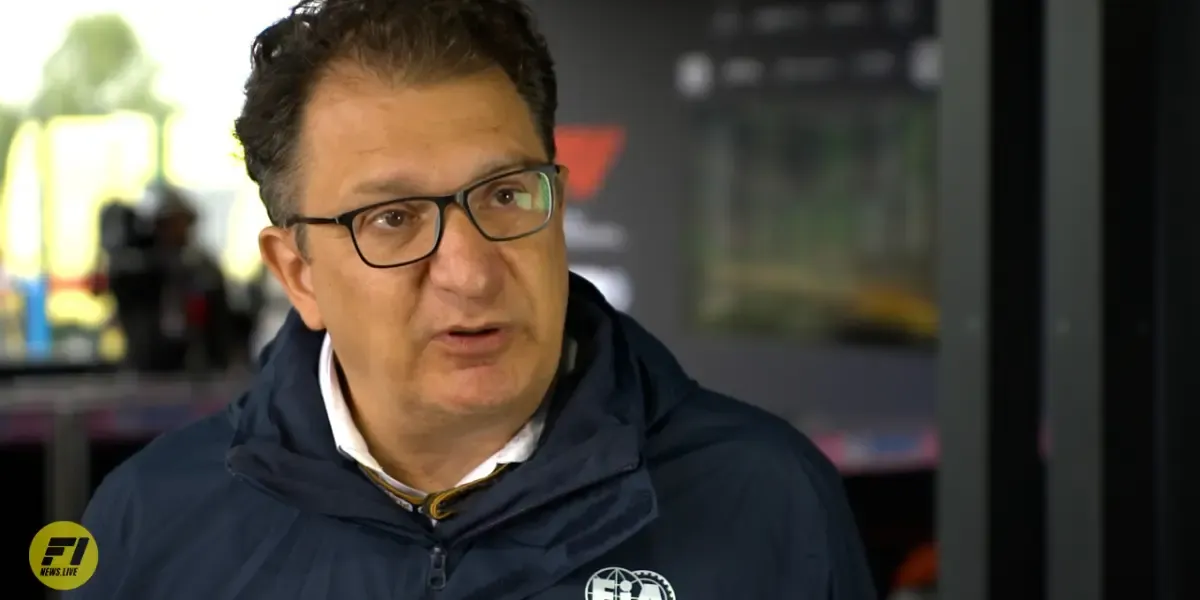
Future Outlook
With the wheel cover project now discontinued, the FIA acknowledges the need to explore alternative solutions to prevent race cancellations or significant delays due to extreme wet weather conditions.
Tombazis expressed skepticism about the idea of modifying the diffuser area, as it could severely impact downforce generation and overall car performance.
"Theoretically you could do something there, but that would be like removing all the downforce and so on. So it would be quite an issue. It's not an easy next step, to be honest. We have to discuss it."
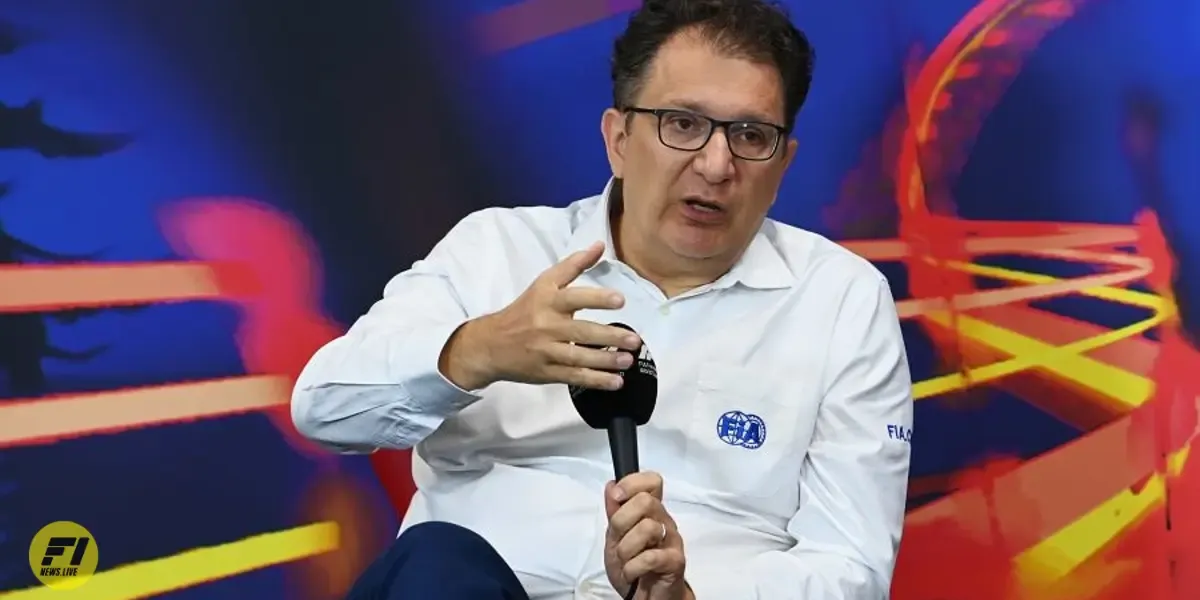
While Tombazis has some preliminary ideas for potential solutions, he refrained from disclosing them publicly.
The overarching goal remains finding a viable option that can mitigate the impact of extreme wet conditions on rare occasions, without compromising the integrity of the sport or the performance of the cars.
"Ultimately, what we want to avoid is a Spa 2021 situation where a race gets cancelled, or severely shortened, or severely delayed,"
Tombazis stated, referring to the infamous Belgian Grand Prix where heavy rain led to a prolonged delay and ultimately a shortened race behind the safety car.


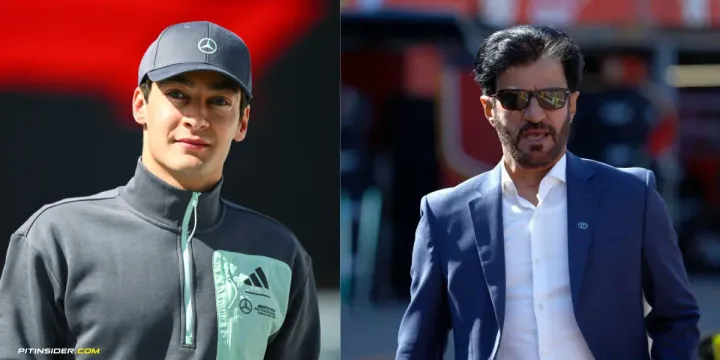

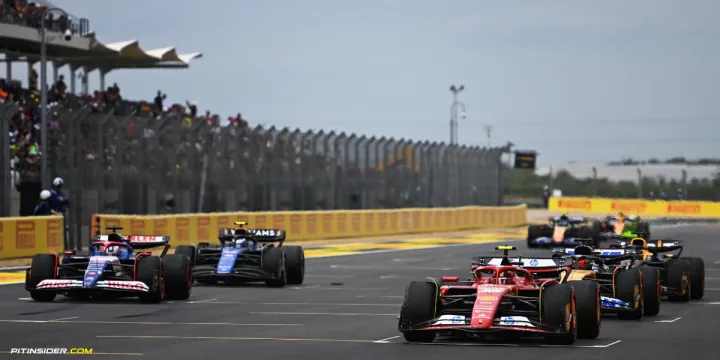
Comments ()